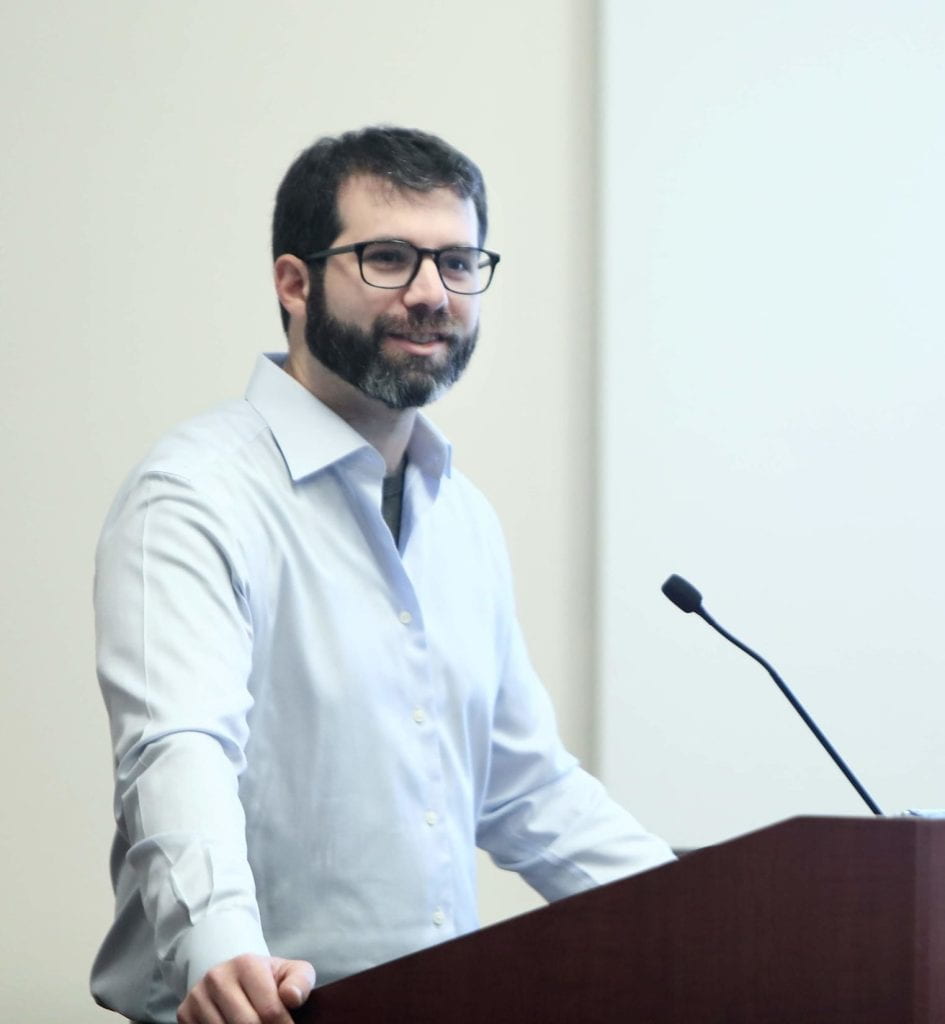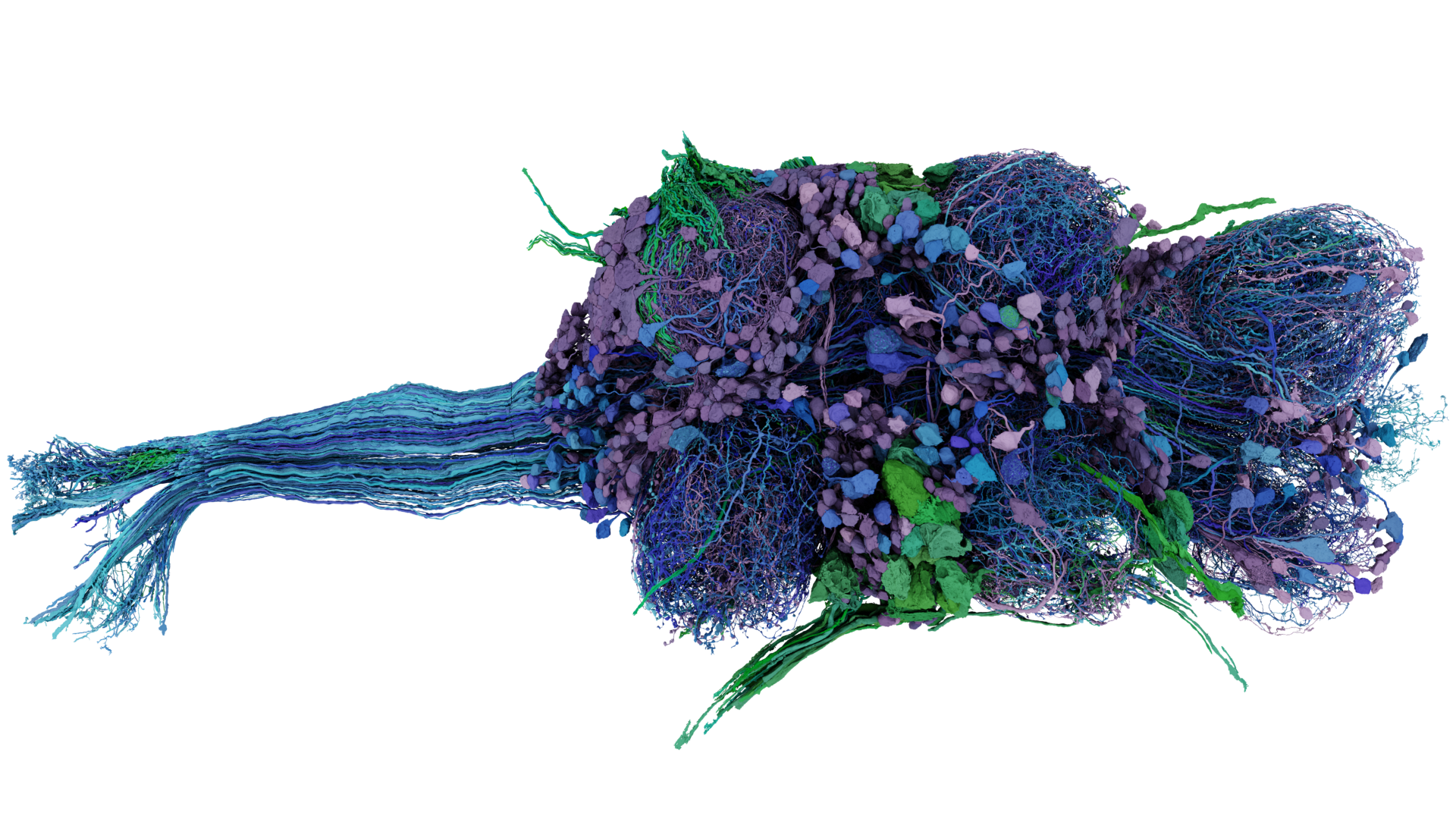
Three faculty have been selected as the inaugural cohort of the Washington Research Foundation – Ronald S. Howell Distinguished Faculty Fellowship.
Endowed in honor of WRF’s longtime CEO Ron Howell, the purpose of this fellowship is to catalyze the careers of early‐career faculty in science, technology, engineering, and mathematics fields. Recipients are selected based on having:
- a collaborative mindset and the capacity to bridge disciplines and domains.
- a teaching and research emphasis in neuroscience fields (such as neurobiology, neurocomputation and neuroengineering, or other related subdisciplines);
- a record of research, teaching, service and/or outreach reflects a commitment to diversity, equity and inclusion; and
- a collaborative mindset and the capacity to bridge disciplines and domains.
Sam Golden, Assistant Professor in the Department of Biological Structure, member of the UW Center for Excellence in the Neurobiology of Addiction, Pain and Emotion.
Dr. Golden leads a vibrant, productive, diverse and inclusive lab that integrates cutting-edge technologies including chemogenetics, optogenetics, calcium imaging, electrophysiological recording, and whole-mount light-sheet fluorescent microscopy to investigate the neural circuits guiding affiliative and aggressive social motivation in novel preclinical models of neuropsychiatric disease. He is an emerging leader in his field, having received prestigious young investigator awards, and he serves on several journal editorial boards. He is a committed and innovative mentor, focusing on his trainees’ academic and professional development as well as their wellness. He helps lead his department’s DEI efforts and his lab hosts underrepresented-minority high school and undergraduate students. Countless faculty and trainees have benefited from Dr. Golden’s strong collaborative nature and his expertise in microscopy and behavioral assays. His lab is a hub for light sheet fluorescence microscopy applications across the UW, and his novel open-source computational behavioral analysis platform, SimBA, is used widely.
Congratulations, Sam!

